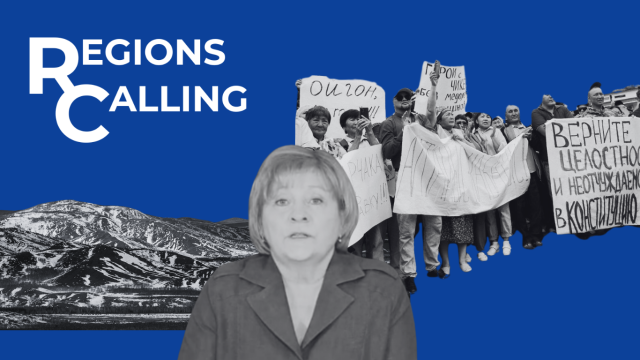The ruble rose to its strongest level in almost 16 months against the dollar after unrest in the Middle East threatened to spread and as the Central Bank widened its so-called "floating corridor" to curb inflation.
Russia's currency was up 0.4 percent at 28.71 per dollar by the close of trading in Moscow, the highest since November 2009. It also gained for a fourth day against the Central Bank's dollar-euro basket, adding 0.5 percent to 33.64, the strongest since May last year. The widening announcement came after the 5 p.m. close.
Crude, Russia's biggest export earner, surged as much as $1.08 to $98.05 a barrel in New York. Traders increased bets that supplies will be cut after authorities in Iran, the second-largest producer in the Organization of Petroleum Exporting Countries, arrested opposition leaders to derail demonstrations scheduled for Tuesday.
"The ruble has been gaining because of the rise in crude," Mark Rubinstein, head of research at Metropol IFC, said by phone. "I don't think it will strengthen much more, and we will see it weaken as the crisis in the Middle East and North Africa recedes."
Crude has climbed 7 percent this year as protests that spurred the ouster of dictatorships in Tunisia and Egypt spread across the Middle East. Fighting in Libya may have shut as much as 850,000 barrels a day of output, according to the International Energy Agency.
The Central Bank has widened the corridor to 32.45 to 37.45 rubles versus the dollar-euro basket, First Deputy Chairman Alexei Ulyukayev said in Moscow on Tuesday.
"This is a consequence and consistent in what we are seeing in other emerging markets, whereby governments are using currency appreciation to fight inflation," Bhanu Baweja, global head of emerging market fixed-income and currency strategy at UBS AG, said by phone. "It seems to be the right trade but it's a very crowded one right now."
The bank won't intervene in stemming ruble gains and will favor a "very flexible" exchange-rate policy to help contain inflation, Finance Minister Alexei Kudrin said in comments broadcast on state television Feb. 21.
Russia on Feb. 25 followed Brazil, India and China in starting to boost borrowing costs, unexpectedly raising its rates for the first time since December 2008, increasing returns for investors seeking higher yielding assets.
The Central Bank put up its refinancing rate to 8 percent from a record low 7.75 percent in a bid to combat inflation running at a year-on-year pace of 9.6 percent in January.
Ulyukayev also told reporters Tuesday that an average oil price at current levels will bring an extra 1.5 trillion rubles ($51 billion) to the federal budget this year.
Equity and debt markets are also seeing a dividend. Dollar-funded investors in government ruble debt earned a return of 3.6 percent in February, the biggest increase since July and the most among the 22 emerging market countries in the JPMorgan Chase GBI-EM Indexes.
"People just love Russian risk right now," James Croft, head of emerging market fixed-income trading at Mitsubishi UFJ Securities International in London, said by e-mail.
"The combo of high oil prices, relatively stable politics and geographic separation from the Middle East make it everyone's emerging market safe haven right now."
A Message from The Moscow Times:
Dear readers,
We are facing unprecedented challenges. Russia's Prosecutor General's Office has designated The Moscow Times as an "undesirable" organization, criminalizing our work and putting our staff at risk of prosecution. This follows our earlier unjust labeling as a "foreign agent."
These actions are direct attempts to silence independent journalism in Russia. The authorities claim our work "discredits the decisions of the Russian leadership." We see things differently: we strive to provide accurate, unbiased reporting on Russia.
We, the journalists of The Moscow Times, refuse to be silenced. But to continue our work, we need your help.
Your support, no matter how small, makes a world of difference. If you can, please support us monthly starting from just $2. It's quick to set up, and every contribution makes a significant impact.
By supporting The Moscow Times, you're defending open, independent journalism in the face of repression. Thank you for standing with us.
Remind me later.






